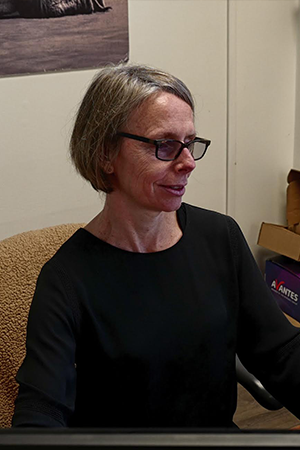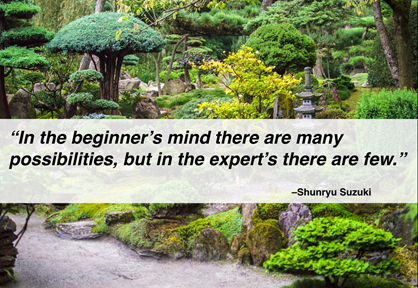The Circular Dichroism Ideas

Branch of spectroscopy Table-top spectrophotometer Beckman IR-1 Spectrophotometer, ca. 1941 Beckman Design DB Spectrophotometer (a double beam design), 1960 Hand-held spectrophotometer utilized in graphic market Spectrophotometry is a branch of electro-magnetic spectroscopy worried about the quantitative measurement of the reflection or transmission properties of a material as a function of wavelength.
Spectrophotometry is a tool that hinges on the quantitative analysis of particles depending on how much light is taken in by colored compounds.
Uv/vis/nir for Beginners
A spectrophotometer is frequently utilized for the measurement of transmittance or reflectance of options, transparent or opaque solids, such as polished glass, or gases. Numerous biochemicals are colored, as in, they take in visible light and for that reason can be determined by colorimetric treatments, even colorless biochemicals can frequently be transformed to colored compounds ideal for chromogenic color-forming responses to yield compounds suitable for colorimetric analysis.: 65 Nevertheless, they can also be designed to determine the diffusivity on any of the noted light ranges that usually cover around 2002500 nm utilizing different controls and calibrations.
An example of an experiment in which spectrophotometry is utilized is the determination of the stability constant of an option. A certain chemical reaction within a service may take place in a forward and reverse direction, where reactants form items and products break down into reactants. At some time, this chemical reaction will reach a point of balance called a stability point.
The smart Trick of Circular Dichroism That Nobody is Discussing
The quantity of light that goes through the solution is a sign of the concentration of certain chemicals that do not permit light to go through. The absorption of light is because of the interaction of light with the electronic and vibrational modes of molecules. Each kind of molecule has a specific set of energy levels connected with the makeup of its chemical bonds and nuclei and thus will soak up light of specific wavelengths, or energies, leading to unique spectral homes.
Using spectrophotometers covers various scientific fields, such as physics, materials science, chemistry, biochemistry. UV/Vis, chemical engineering, and molecular biology. They are commonly utilized in lots of industries consisting of semiconductors, laser and optical manufacturing, printing and forensic assessment, as well as in laboratories for the research study of chemical substances. Spectrophotometry is typically used in measurements of enzyme activities, decisions of protein concentrations, determinations of enzymatic kinetic constants, and measurements of ligand binding reactions.: 65 Eventually, a spectrophotometer has the ability to figure out, depending on the control or calibration, what substances exist in a target and precisely how much through calculations of observed wavelengths.
Invented by Arnold O. Beckman in 1940 [], the spectrophotometer was created with the aid of his associates at his business National Technical Laboratories established in 1935 which would become Beckman Instrument Business and eventually Beckman Coulter. This would come as a service to the previously produced spectrophotometers which were not able to absorb the ultraviolet correctly.
An Unbiased View of Circular Dichroism
It would be discovered that this did not give acceptable outcomes, for that reason in Design B, there was a shift from a glass to a quartz prism which permitted better absorbance results - spectrophotometers (https://www.quora.com/profile/Julie-Ann-DeSa-Lorenz). From there, Design C was born with a change to the wavelength resolution which ended up having three systems of it produced
It irradiates the sample with polychromatic light which the sample absorbs depending upon its homes. It is transferred back by grating the photodiode array which finds the wavelength region of the spectrum. Ever since, the creation and implementation of spectrophotometry gadgets has actually increased exceptionally and has ended up being one of the most innovative instruments of our time.

Not known Factual Statements About Spectrophotometers
The grating click to find out more can either be movable or repaired.
In such systems, the grating is fixed and the strength of each wavelength of light is determined by a various detector in the selection. When making transmission measurements, the spectrophotometer quantitatively compares the portion of light that passes through a referral option and a test option, then digitally compares the strengths of the 2 signals and calculates the portion of transmission of the sample compared to the referral requirement.
Comments on “About Uv/vis”